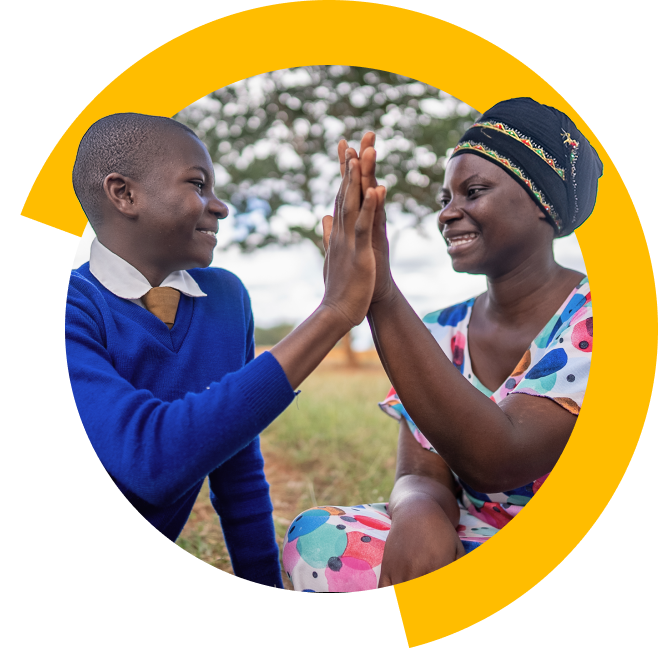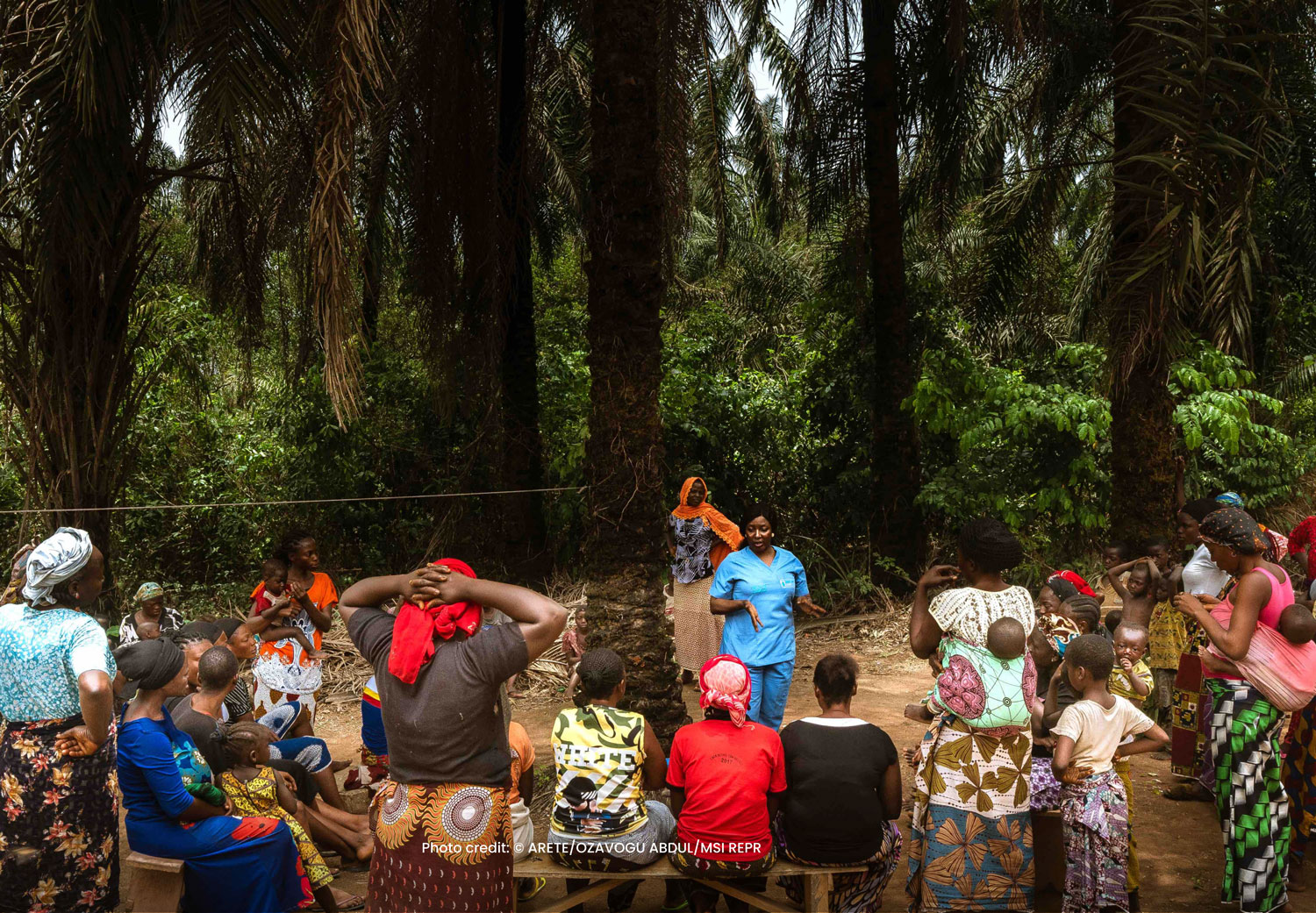
The progress made on sexual and reproductive health (SRH) access over the past three decades is astounding – the unintended pregnancy rate has fallen by nearly 20% since 1990 and new HIV infections by one-third in the last 15 years. It would have been easy to believe that the trajectory was only towards progress, but sadly this is not the case.
The vision for every person to have autonomy, dignity and access to SRH is not only far from being realised but the world is sliding backwards.
Dramatic political, socio-cultural and economic barriers persist across the world, impacting the health and potential of individuals, as well as communities and countries as a whole. The significant uncertainty regarding the future of vital institutions such as PEPFAR means that millions of lives are at risk.
It is possible to change this trajectory, but it will require deep commitment from all partners, across civil society, governments and the private sector.
Working alongside our partners, our work has focused on seeking innovative funding partnerships to scale vital work on SRHR and give more individuals bodily autonomy.
Our partners’ work, supported by innovative funding and strategic partnerships, has helped reach hundreds of thousands of at-risk individuals with life-saving interventions.
Administered through the Global Fund, our $25 million catalytic HIV Prevention Fund — building on the success of our HIV self-testing matching fund — reached over 500,000 at-risk people with HIV pre-exposure prophylaxis in 2024.
CIFF also launched a new initiative with the Global Fund for the purchase of approximately 150,000 dapivirine vaginal rings, a long-acting PrEP option for high-vulnerability women.
.svg)

This partnership will cover at least 2 million users with this game-changing prevention option that provides nearly complete HIV protection for 6 months after just one injection.
We look forward to continuing working to support the development of affordable generic LEN to scale to millions of users in lower-middle-income countries.
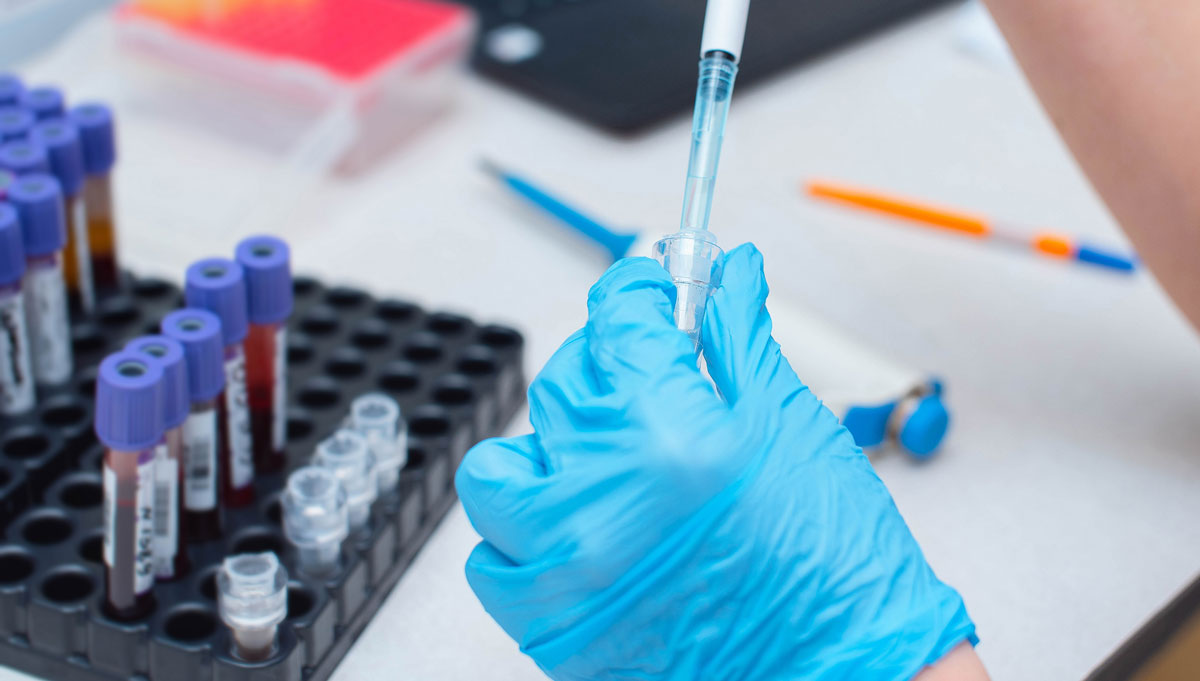
Photo credit: Adobe
Alongside partners, we have the tools, approaches and platforms to change the course of HIV treatment to millions around the world. The priority for us now is resourcing. Our focus will be to mobilise the funding needed to help HIV prevention and treatment reach as many people as possible.
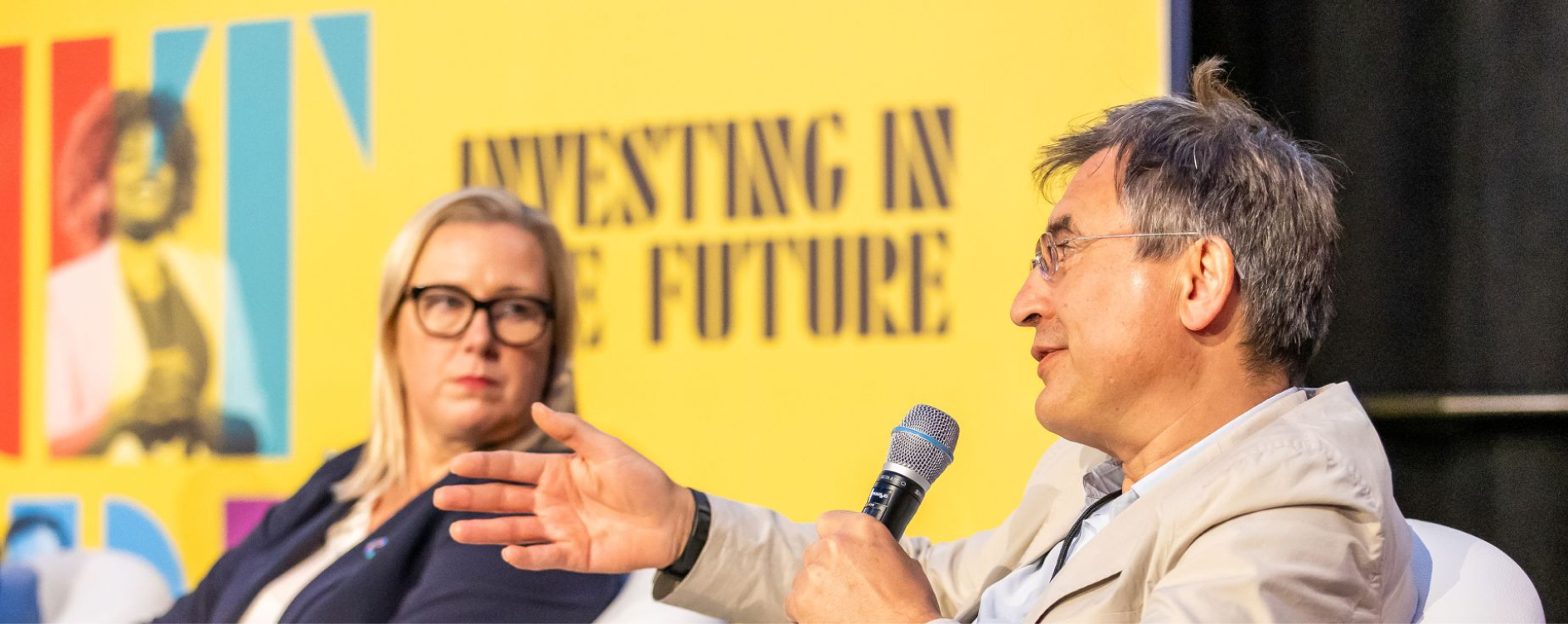
We do this by supporting the market to make products cost-effective, so they can then reach more people and increase the available options.
Alongside the Gates Foundation, we supported Incepta Pharmaceuticals to develop the first generic self-injectable contraceptive (DMPA-SC). We expect WHO pre-qualification in late 2025.
This innovation will significantly improve the security of the supply-chain and affordability for this key family planning method – helping more women access their healthcare of choice.
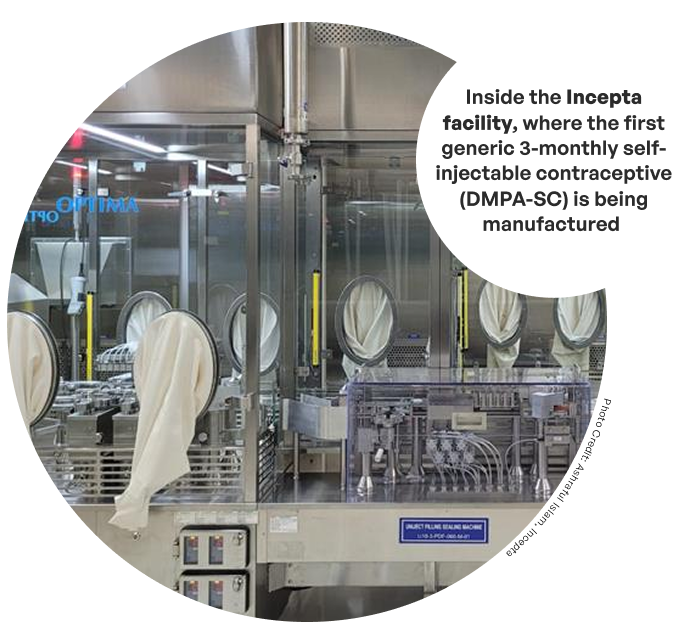
In 2024, CIFF also re-invested in scaling our Delivering Innovation in Self Care (DISC) partnership, implemented primarily by PSI. This initiative is helping to scale up self-care options and better integrate these options into health systems.
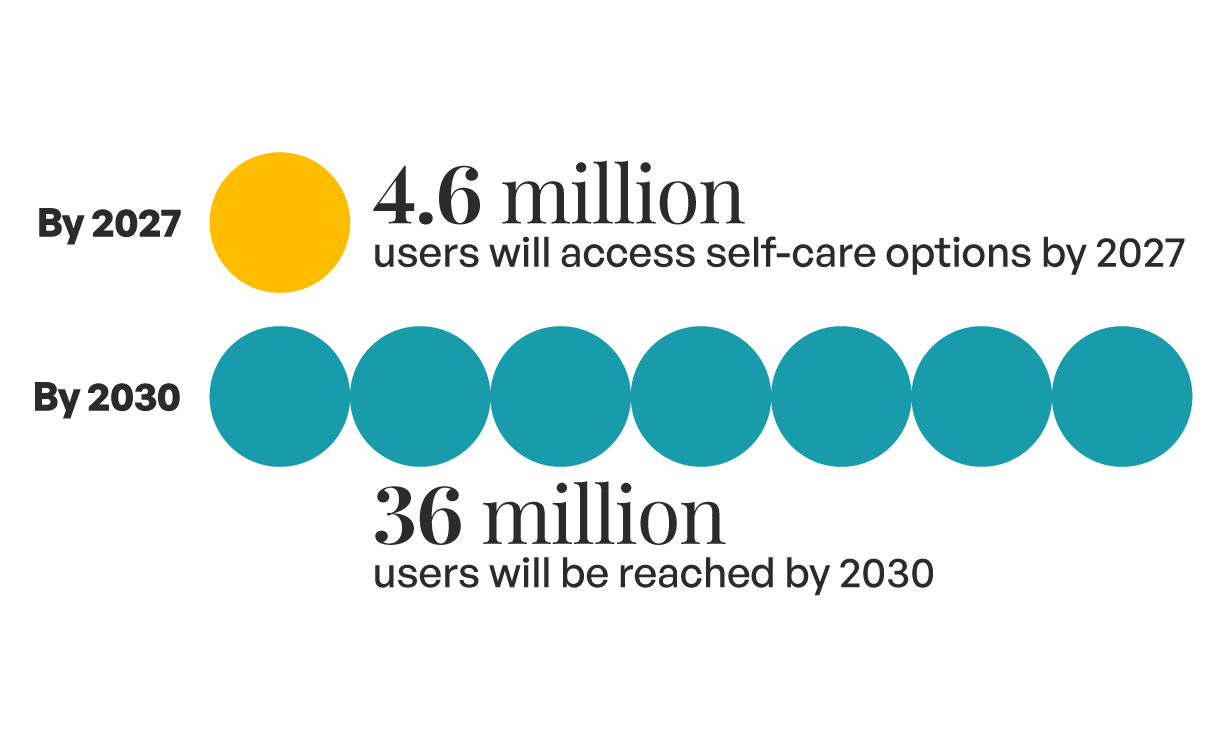

Another route to scale SRHR innovations has been through the Injectables Access Collaborative. This has helped unlock self-care by enabling Community Health Workers and pharmacies to provide access in 15 and 9 countries respectively.
We have also worked to catalyse policy change which makes uptake of SRHR innovation smoother. Our partnership with the WHO and the Self-Care Trailblazers Group has played a crucial role in driving momentum. In November 2024, government representatives from 19 African countries held a historic summit to advance self-care interventions in the continent and work toward achieving universal health coverage by integrating self-care into primary healthcare.
A growing challenge to reaching universal sexual reproductive health and rights is ensuring sustainable financing and closing the $1.5 billion commodity financing gap. CIFF has therefore been working to shift the focus to longer-term sustainable financing, which gets out of the cycle of funding-shortfalls.
This past year, CIFF committed a $100 million investment into commodities with the World Bank Global Financing Facility (GFF) and United Nations Population Fund (UNFPA) Supplies. Whilst significant gaps remain, in 2024 UNFPA Supplies achieved its highest-ever contraceptive spend at $185 million. The impact can be seen with larger orders being placed by the public sector.

A success story in efforts towards sustainable financing is the leadership of Nigeria.
Support by CIFF and partners ensured that additional funding would become available for family planning supplies and services.
CIFF also remains committed to increasing modern contraceptive prevalence through an equity-driven approach across Nigeria, DRC, Burkina Faso, Senegal, Mali and Niger. During UNGA this past year, CIFF committed $100 million in new funding to the WISH dividend Platform which will support countries to reach or surpass their national Family Planning 2030 targets.
The work will focus on reaching the hardest to reach: 30% of those living in poverty and 20-30% under the age of 20. There will also be a focus on supporting linkages with sexual-gender-based-violence services.
Together, these efforts underscore our commitment to ensuring that every individual has access to reproductive health services, to unlock individual and global potential, propelling us collectively towards meeting the Sustainable Development Goals.

